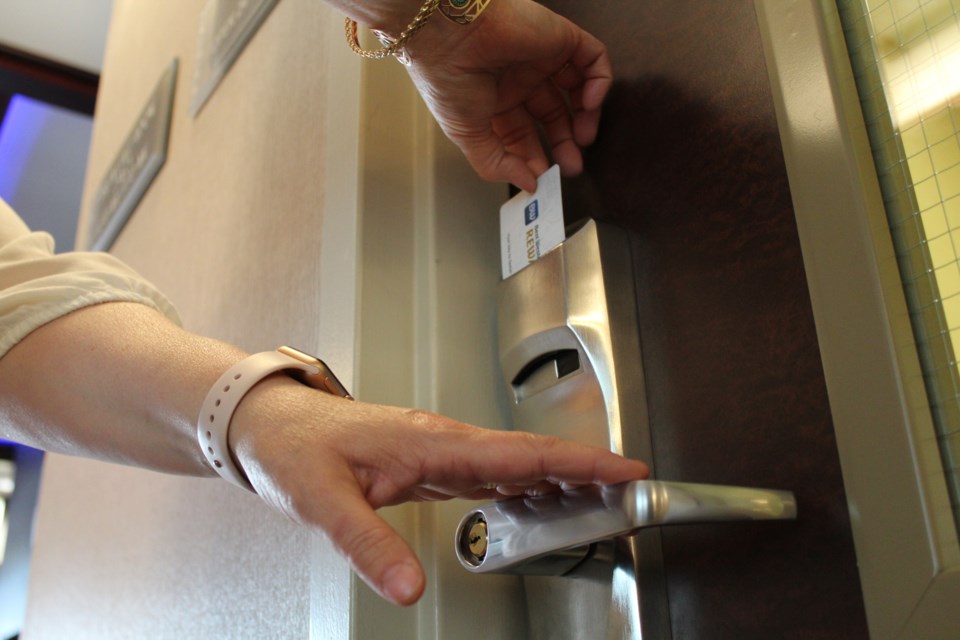If you're visiting Barrie and find a place to rest your head through Airbnb or a similar website, there could soon be a new tax in your bill.
The city is moving toward adding its four per cent municipal accommodations tax, which came into effect last summer, to rooms booked through internet platforms, similar to motels and hotels, beginning May 1.
At Monday night's general committee meeting, councillors received a staff report on the MAT. There was no discussion around the staff report, but will still require final approval next week from city council.
Adding internet platforms "levels the playing field," says the report.
Airbnb, which enables millions of people worldwide to rent out their properties or rooms to guests who use the website to find a place to stay, is willing to work with the city on the new tax. It's the only such site so far to reach out to the city. They have provided a standard agreement, which is being used by other municipalities in Ontario that have such a tax.
The Town of Bradford West Gwillimbury is currently investigating options for how to deal with short-term rentals before potentially making recommendations for zoning bylaw amendments.
Airbnb is a privately owned accommodation rental website based in Ireland. They have listings in 190 countries and over 65,000 cities. The company also has over 150 million users and over 640,000 hosts with four million listings worldwide.
The company has signed similar tax agreements with over 275 governments, including Brockville, Cornwall, Mississauga, Ottawa and Greater Sudbury, where the implementation has been "seamless," despite being in the early stages, the report says.
Discussions with Airbnb and Tourism Barrie provided estimates of between 300 and 500 rooms/places available through such websites within the city, according to the staff report.
Projected revenues from taxing the online platforms could be around $120,000, depending on market conditions.
The websites would be responsible for charging, collecting and remitting the tax dollars.
Tourism Barrie receives half of the MAT dollars collected, with the other 50 per cent going to city coffers. A minimum of $100,000 would remain in the city's tourism reserve fund, which has been used for tourism-related projects, such as beach improvements and upgrades.
City staff is expected to report back to general committee on how the MAT is performing after one year.
- With files from Jenni Dunning



